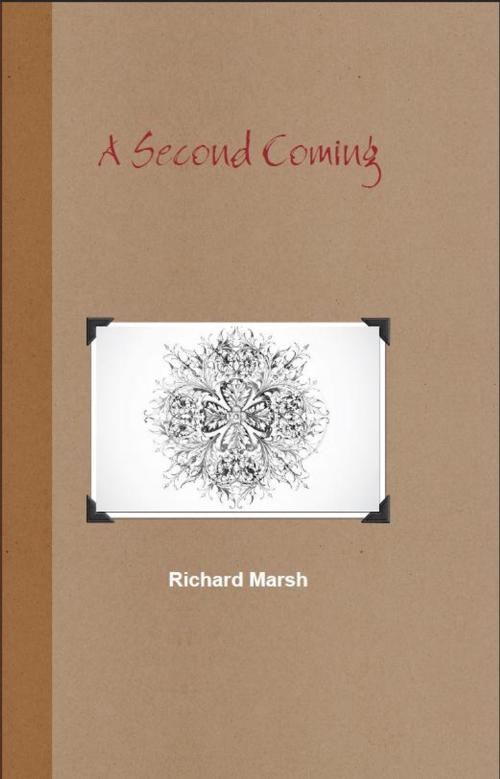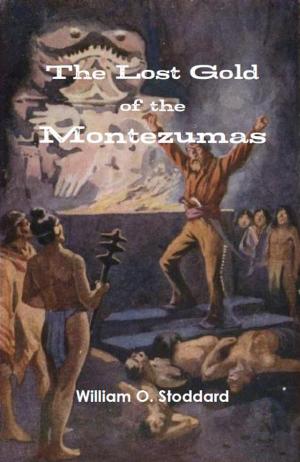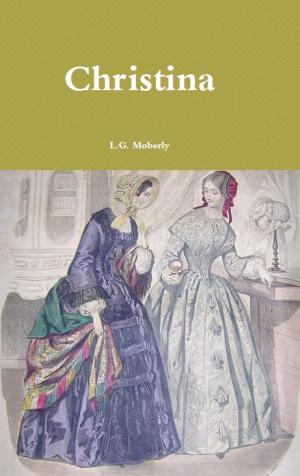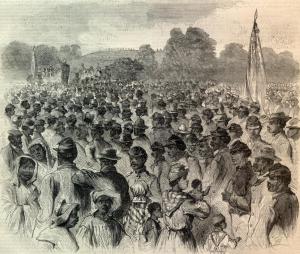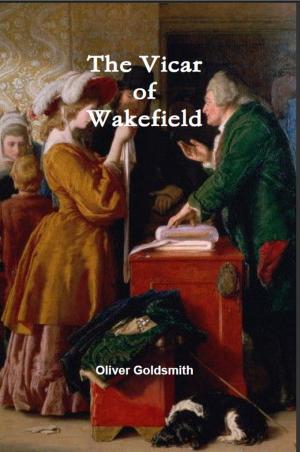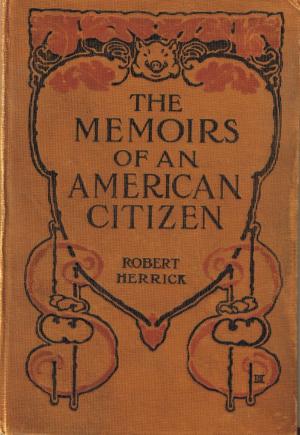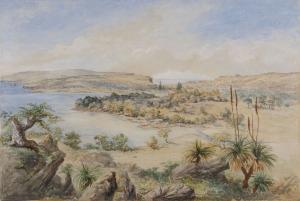| Author: | Richard Marsh | ISBN: | 1230000112178 |
| Publisher: | AP Publishing House | Publication: | March 4, 2013 |
| Imprint: | Language: | English |
| Author: | Richard Marsh |
| ISBN: | 1230000112178 |
| Publisher: | AP Publishing House |
| Publication: | March 4, 2013 |
| Imprint: | |
| Language: | English |
'If,' asked the Man in the Street, 'Christ were to come again to London, in this present year of grace, how would He be received, and what would happen?'
'I will try to show you,' replied the Scribe.
* * * * *
Christ has finally returned to Earth, and he has come amongst the citizens of post-Victorian London.
The first third of the book, The Tales Which Were Told, shares a variety of essentially unconnected anecdotes about The Lord’s reappearance, in which he rights wrongs, heals the sick and injured and imparts wisdom. In the second third, The Tumult Which Arose, the people become aware of the Lord’s presence and take pains to welcome him. As one might expect in a story about Christ, the final third of the book, The Passion of the People, describes what happens when the Lord doesn’t match, or abide by, the people’s preconceived notions.
The story is not really a religious one, however; rather, it seems to me to be a commentary on the morality, lifestyles, and politics of the people of London. Though one would expect that most Londoners circa 1900 considered themselves Christians, in Marsh’s London most of them do not even have the capability to recognize their savior.
'If,' asked the Man in the Street, 'Christ were to come again to London, in this present year of grace, how would He be received, and what would happen?'
'I will try to show you,' replied the Scribe.
* * * * *
Christ has finally returned to Earth, and he has come amongst the citizens of post-Victorian London.
The first third of the book, The Tales Which Were Told, shares a variety of essentially unconnected anecdotes about The Lord’s reappearance, in which he rights wrongs, heals the sick and injured and imparts wisdom. In the second third, The Tumult Which Arose, the people become aware of the Lord’s presence and take pains to welcome him. As one might expect in a story about Christ, the final third of the book, The Passion of the People, describes what happens when the Lord doesn’t match, or abide by, the people’s preconceived notions.
The story is not really a religious one, however; rather, it seems to me to be a commentary on the morality, lifestyles, and politics of the people of London. Though one would expect that most Londoners circa 1900 considered themselves Christians, in Marsh’s London most of them do not even have the capability to recognize their savior.
